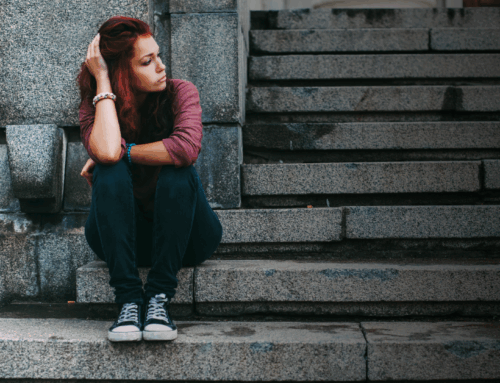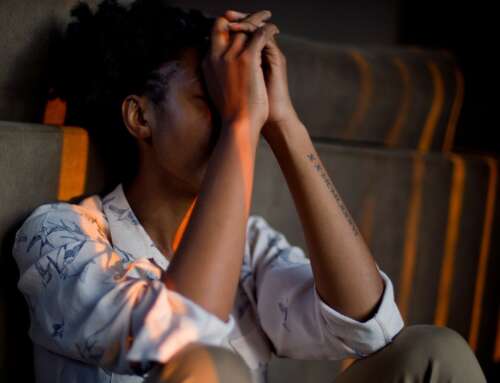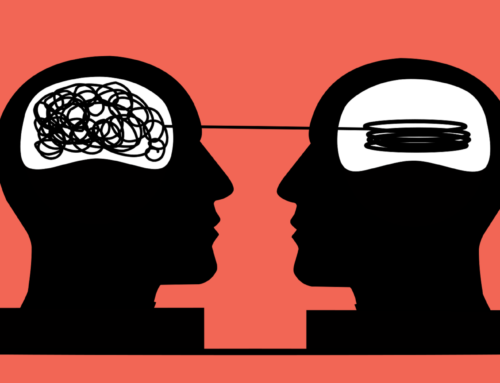In a split second, her body would heat up. Her eyesight would start to go, leaving her with tunnel vision. And, if she wasn’t careful, she would start to hyperventilate.
As she sat in the classroom of her Taranaki high school, 17-year-old Nuutea Itchner’s anxiety would render her mute and she would be unable to move. It was very isolating, she says.
Nuutea is one of a growing number of young people in New Zealand who has suffered from some form of mental illness.
Every age group is increasing but the biggest rise since 2008 is in the 12 to 17 age group. The trouble is no one seems to have a definitive answer as to the root cause of the increase and the reasons offered are many and varied.
Social media gets a bad rap, and studies have found a strong correlation between the use of social media and mental health disorders such as depression, anxiety, sleep problems, eating issues, and increased suicide risk, Taranaki DHB Child and Adolescent Psychiatrist Dr Yariv Doron says.
“However, naturally children and adolescents are more vulnerable than adults. As such they will always show more mental health issues when there are challenges within the society that they live in.”
But while there are various theories and research into the causes there is ‘no bottom line’.
“The Mental Health and Addiction inquiry currently being undertaken by the government will provide further insight and hopefully provide some more answers,” he says.
Doron points to a report written last year by Sir Peter Gluckman, who was then Chief Science Advisor to the Prime Minister.
This said the causes for mental illness were “multifactorial’ and many different parts of a person’s history, experience, cultural background, genetics, and current circumstances could conspire to induce mental illness.
Nuutea’s anxiety hit in Year 11 along with all the pressures that came with NCEA level one. Now in Year 13, she still gets anxious, but has learnt coping mechanisms to help deal with it.
The pressure of assignments and deadlines and the type of structured programme at school stressed her out, she says.
“So my brain goes insane and then shuts off – I procrastinate. Anxiety takes over your brain and so I won’t talk or I won’t move for a while.
“Anxiety would take over…I would need extra time or I would need to do it in a different way than everyone else would, so, like, I would have to take time off school. I would procrastinate quite a lot because of how anxiety would make you put things off.”
She describes sitting in the classroom when the other students and the teachers were focussing on one thing – the work they are doing – while her brain was thinking about 10 different things at once.
“It over analyses every single thing in the situation. A lot of the time it comes out like it’s trying to protect me, OK don’t do this Nuutea, this will happen, this will go wrong.”
Read More: ‘My brain goes insane’: The rise and rise of mental illness among Kiwi teens







Leave A Comment